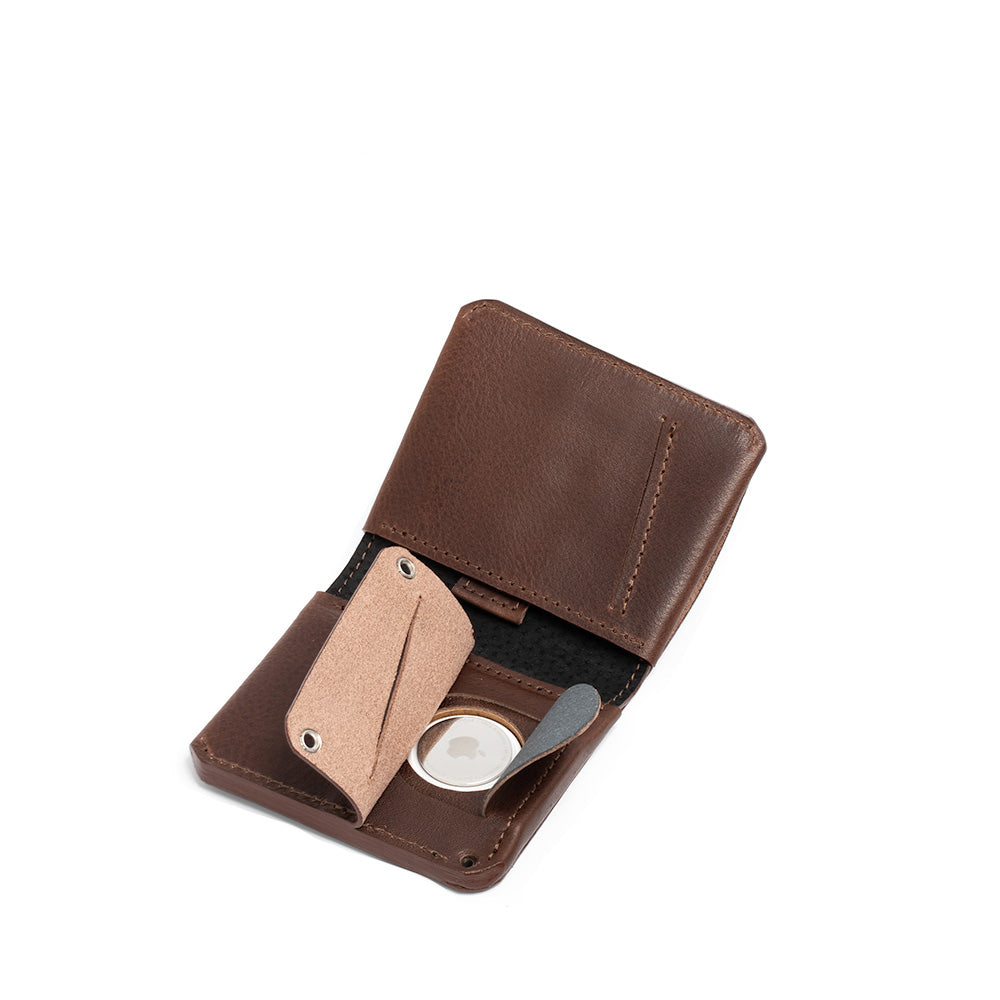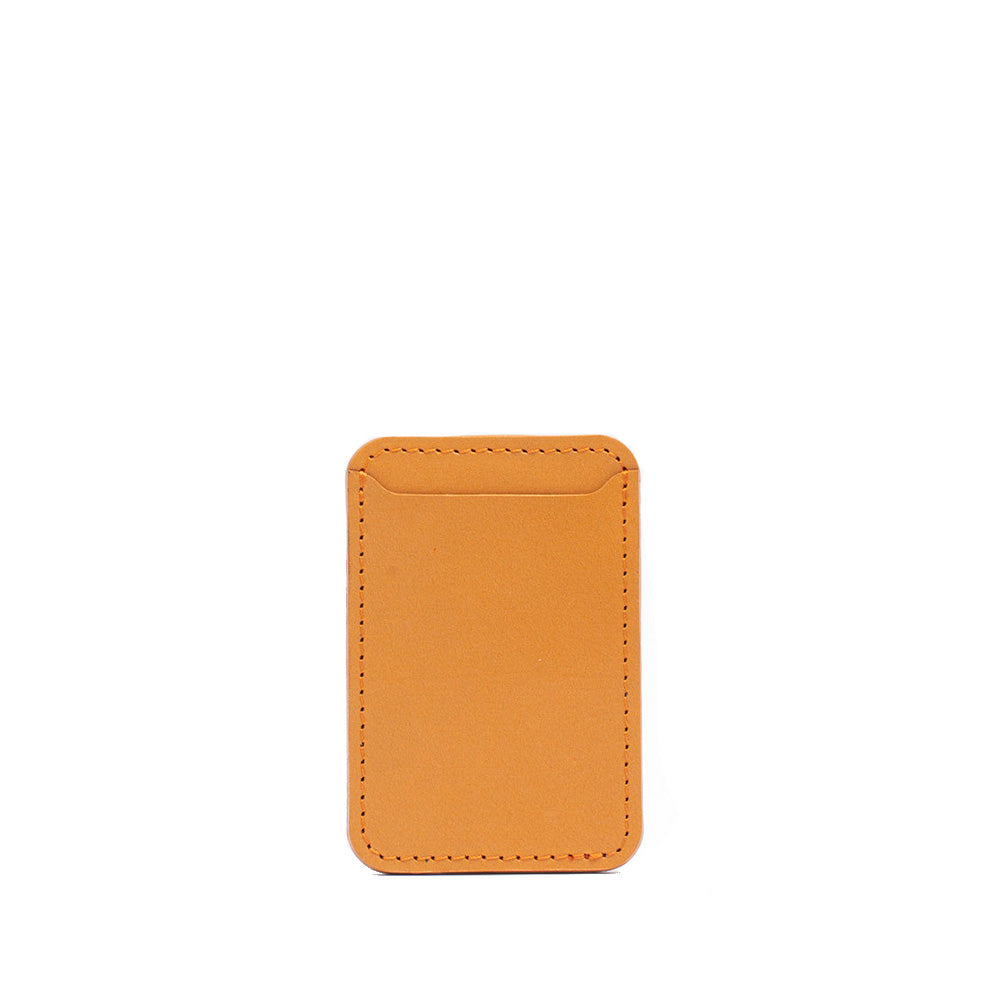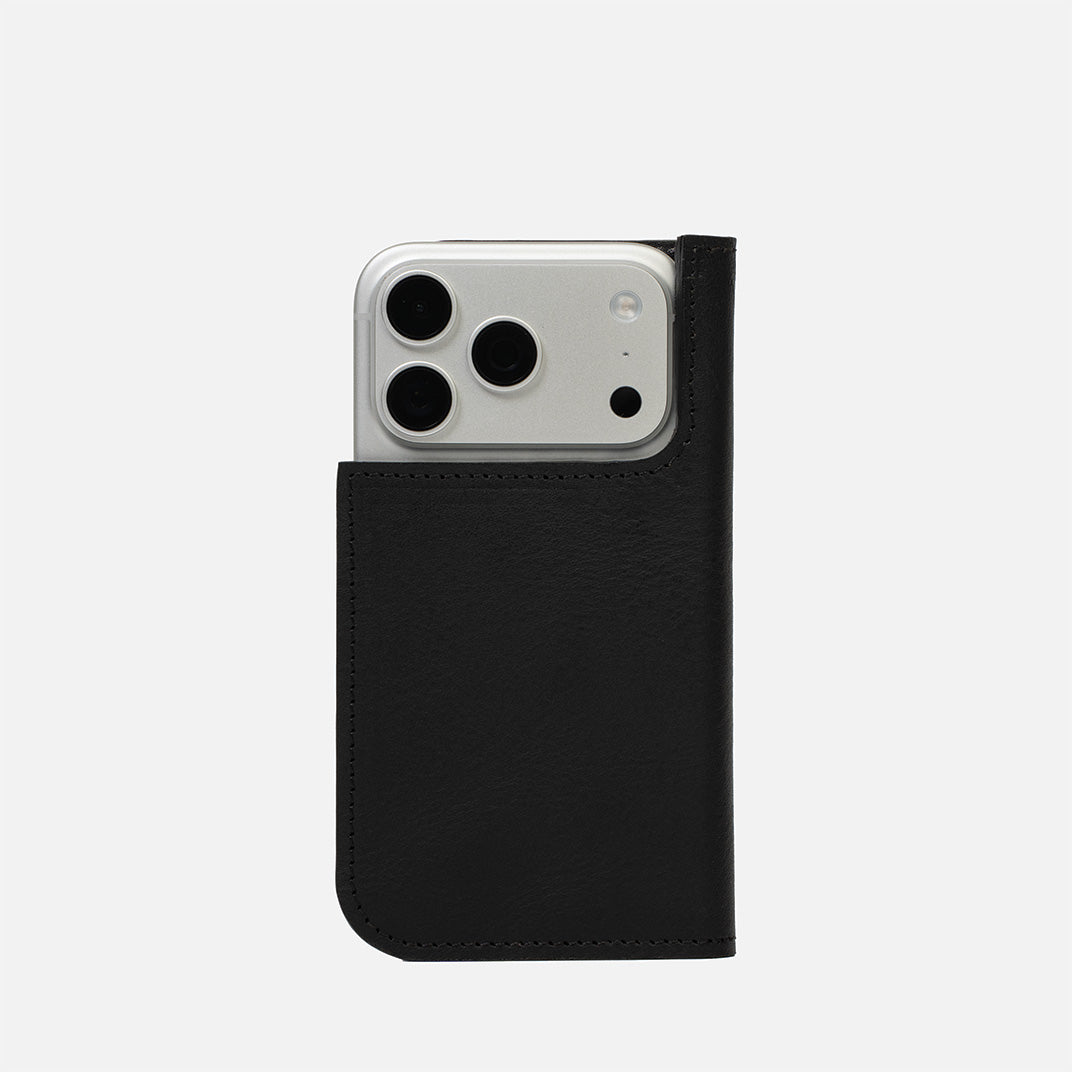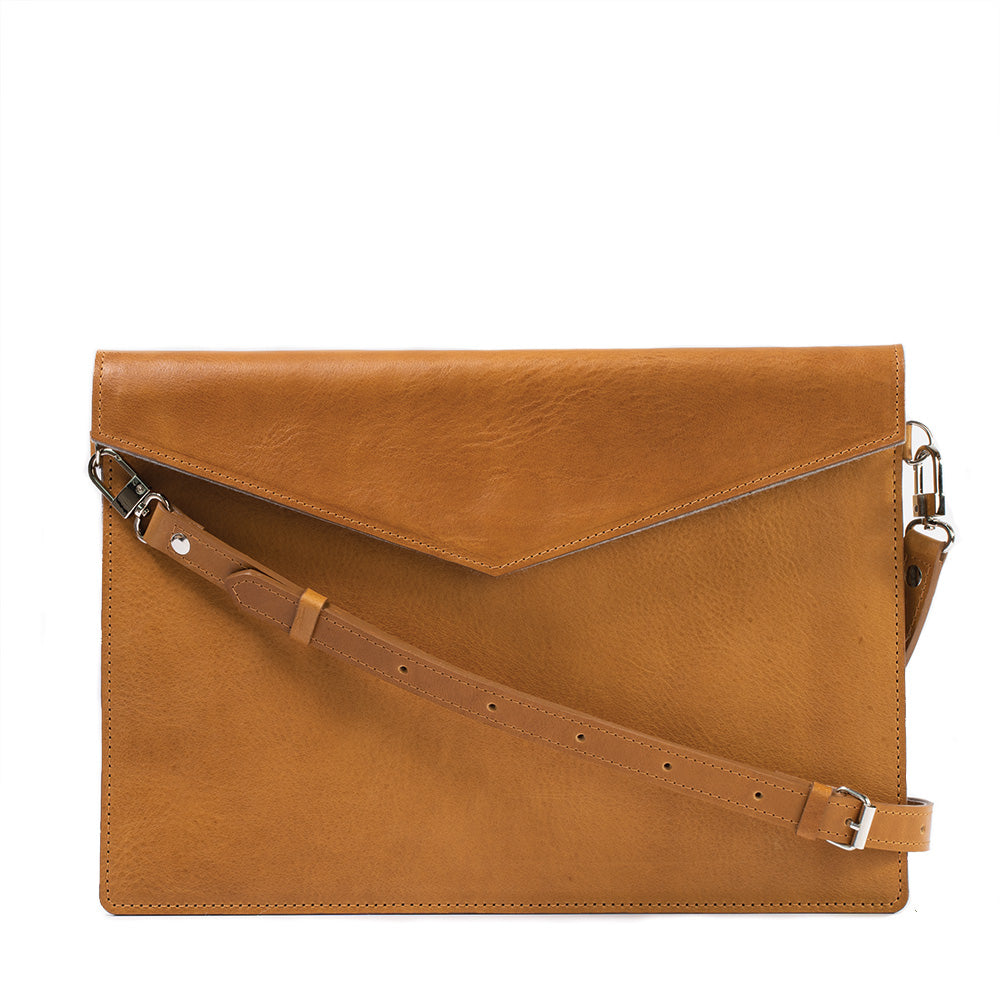Apple's Magic Mouse and Magic Trackpad are two of the most popular peripherals for Mac users. Both devices offer multi-touch gesture support and are designed to enhance your Mac experience. However, they each have their unique features and benefits. This guide will help you decide which one is the best fit for you.
Apple Magic Trackpad 2: A Stationary Clicker

The Magic Trackpad offers a large, nearly flat surface that makes navigating your Mac's system a breeze. It supports a wide range of gestures, including Force Touch, which you can use to access Look Up for additional information.
Magic Trackpad 2 dimensions:
0.19–0.43 inch (0.49–1.09 cm) x 6.3 inch (16.0 cm) x 4.52 inches (11.49 cm)
Pros:
- Larger surface for more gesture versatility
- Supports Force Touch
- Low profile design for comfortable clicking
Cons:
- Takes up more desk space
- More expensive than the Magic Mouse
Apple Magic Mouse 2: A Stationary Hand

The Magic Mouse 2, which comes with every iMac, is perfectly suited to macOS. It supports multi-touch gestures, making it ideal for quick pointer actions and the Mac's specific side-swiping features.
Pros:
- Compact design
- Comes free with Mac desktop
- Supports multi-touch gestures
- Sleek Apple aesthetic
Cons:
- Not as ergonomic as the Magic Trackpad
- Charging port is inconveniently placed
Magic Mouse vs. Magic Trackpad: Key Differences
The most apparent difference between the Magic Mouse and the Magic Trackpad is their form factor. The Magic Mouse is designed to be held and moved around, while the Magic Trackpad is stationary and controlled with finger swipes.
When deciding which device to choose, consider your workspace. If you have limited space, the Magic Mouse's compact design might be a better fit. However, if you often experience finger cramping from using a mouse, the Magic Trackpad could be a more comfortable option.
Here's a quick comparison of their specifications:
Magic Mouse 2:
- Battery life: 2 months
- Charging: Lightning (cannot be used while charging)
- Multi-touch: Yes
- Force Touch support: No
- Weight: 3.52 Ounces
- Wireless: Yes
- Bluetooth: Yes
Magic Trackpad 2:
- Battery life: 1 month
- Charging: Lightning (can be used while charging)
- Multi-touch: Yes
- Force Touch support: Yes
- Weight: 8.16 Ounces
- Wireless: Yes
- Bluetooth: Yes
Magic Mouse vs. Magic Trackpad: Ergonomics vs. Portability
The Magic Trackpad is more comfortable for extended use due to its ergonomic design. It allows your hand to rest in a natural position, reducing strain. However, the Magic Mouse is more portable and can easily be moved around, making it a better choice if you frequently travel or have a smaller workspace.
Magic Mouse vs. Magic Trackpad: Gesture Support
Both devices support multi-touch gestures, but the Magic Trackpad offers a wider range, including pinch-to-zoom and image rotating. It also supports Force Touch, a feature not available on the Magic Mouse.
Magic Mouse vs. Magic Trackpad: Charging
The Magic Mouse's charging port is located on the bottom, making it impossible to use while charging. On the other hand, the Magic Trackpad can be used while charging, ensuring you never lose productivity.
Final Verdict: Magic Mouse vs. Magic Trackpad
Both the Magic Mouse and Magic Trackpad are excellent choices for Mac users. If you prefer a larger surface and more gesture versatility, the Magic Trackpad is the way to go. However, if you value portability and a traditional mouse design, the Magic Mouse would be a better fit.
Ultimately, the choice between the Magic Mouse and Magic Trackpad comes down to personal preference and your specific needs. Consider your workspace, how you plan to use the device, and which features are most important to you before making a decision.




